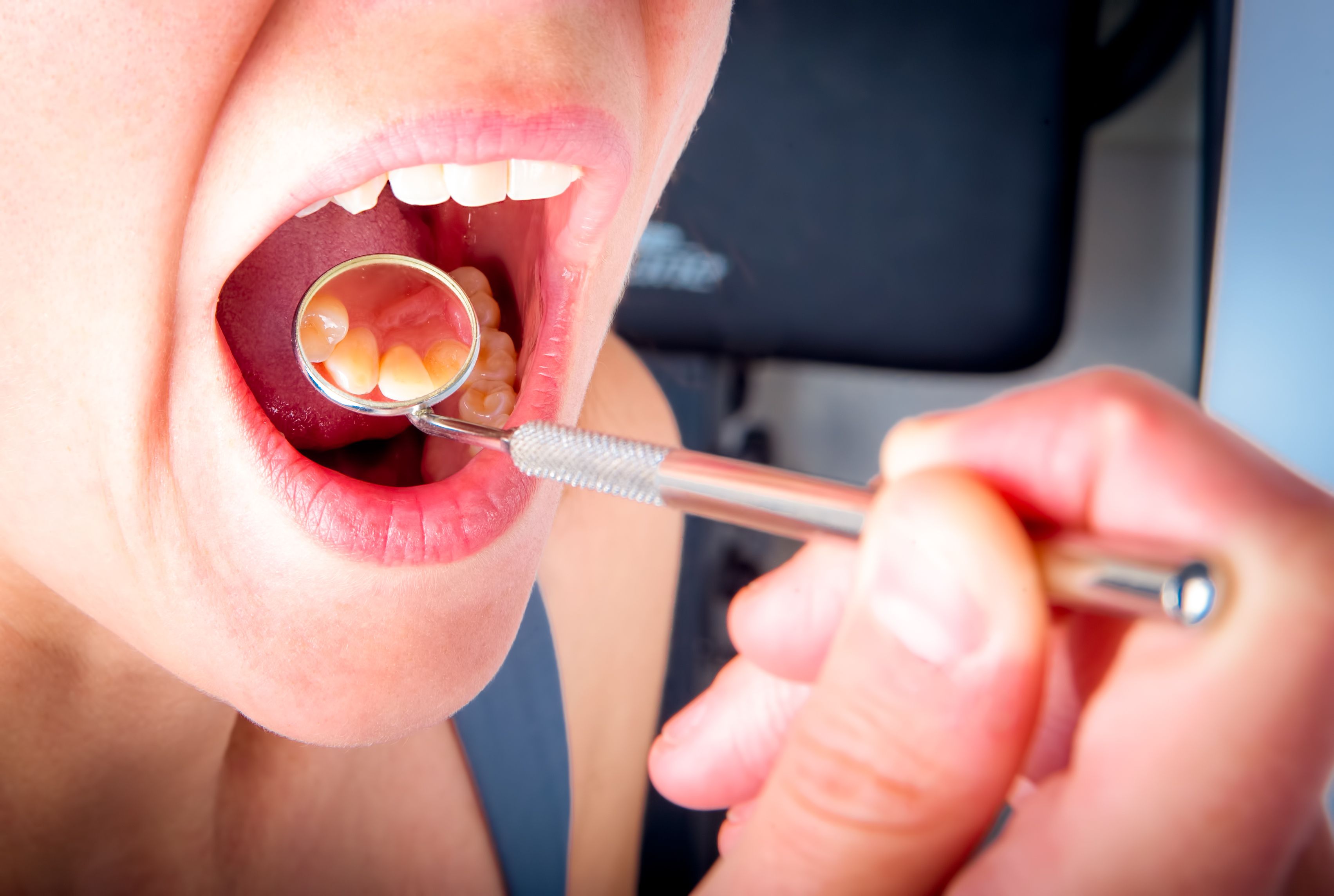Treating Bleeding Gums Can Help Prevent Serious Oral Health Conditions
If you are experiencing swollen, sensitive, or bleeding gums, it could be a sign of a serious oral health concern, such as periodontal disease or oral cancer. At our Boston, MA, practice, Dr. James Stein offers thorough examinations using advanced technology, in addition to a variety of restorative treatments designed to improve your oral health. Treating bleeding gums early on can potentially prevent extensive and costly dental work in the future. When gum disease and oral cancer are identified early, treatment is generally more effective.
What Causes Bleeding Gums?
Bleeding gums are often a sign that something more serious may be happening under the surface. Causes can include improper brushing and flossing techniques, anemia, cancer treatment, certain medications, or hormonal changes as a result of pregnancy. However, the primary cause is typically linked to poor oral hygiene due to plaque buildup or a bacterial infection below the gum line. If unhealthy bacteria are not addressed in a timely manner, bleeding gums can quickly progress into:
- Gum swelling
- Gum tenderness
- Dental sensitivity
- Gum recession
- Bone degeneration
- Tooth loss
In even worse cases, an infection below the gum line can lead to systemic health concerns, such as
- Heart disease
- Diabetes
- High blood pressure
- Pregnancy complications
- Obesity
- Stroke

Preventive Dentistry Can Keep Your Gums Healthy
Preventive measures, such as at-home care and visiting the dentist biannually for routine dental examinations and cleanings, can help keep teeth and gums healthy. During your examination, Dr. Stein will perform a series of x-rays to determine if there are any concerns that are undetectable to the naked eye, while also eliminating any plaque buildup with a professional cleaning. Our advanced technology can detect the earliest signs of tooth decay, gum disease, and oral cancer so treatment can be administered quickly to help prevent further issues from developing.
In addition to a professional examination, Dr. Stein may provide at-home care tips, such as changes to your brushing and flossing technique, and the use of a prescription mouthwash to help you maintain a healthy smile.
How to Treat Bleeding Gums
If tooth decay or gum disease are identified during your dental examination, there are a number of treatments that may be recommended:
- Fluoride Treatment: The very earliest signs of tooth decay, known as enamel demineralization, can often be reversed with a fluoride treatment. Fluoride is a naturally occurring mineral found in foods and water. When applied to your teeth, it can strengthen enamel while also eliminating and protecting your teeth against tooth decay.
- Dental Filling: When tooth decay is more severe, a dental filling may be necessary to repair the tooth and restore its structural integrity. Dr. James Stein uses composite resin fillings that are tinted to match the shade of the natural enamel to provide aesthetic benefits.
- Scaling and Root Planing: For mild to moderate cases of gum disease, one of our hygienists can perform a deep cleaning that includes scaling and root planing. During this treatment, special dental instruments are used to remove plaque buildup and unhealthy bacteria from below the gum line and base of the tooth. Scaling and root planing not only eliminates bacteria, but also helps prevent food and new bacteria from building up near the gum line.
- Medications: After your scaling and root planing treatment, Dr. Stein may also recommend a topical antibiotic or medicated mouthwash to address any additional infection at the gum line.
- Periodontal Surgery: In more severe cases of gum disease, Dr. Stein will refer you to a local periodontist for more extensive treatment. When tissue damage is evident, a periodontist can eliminate the damaged tissue in order to create a healthier gum line while also preventing further damage from occurring.
Contact Us Today
If you are regularly experiencing bleeding gums, it’s important to schedule a consultation with Dr. Stein to get to the root of the issue. Call today at (617) 227-6076 or contact us online.





